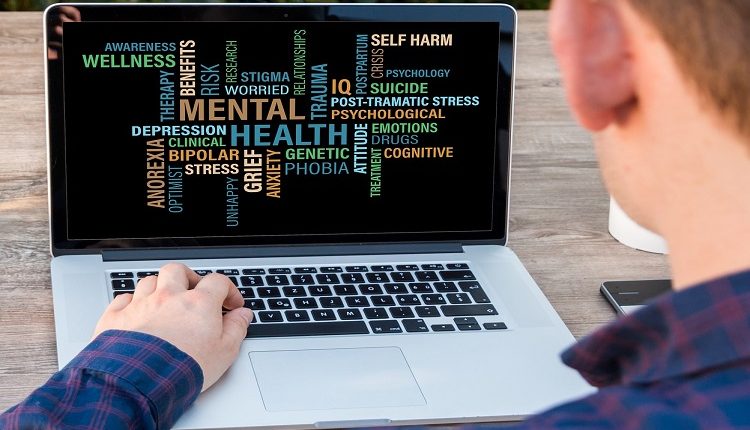Social-Emotional Education in Schools – A step forward
Written by Anju Gupta, Headmistress, Ahlcon International School
“Educating the mind without educating the heart is no education” – Aristotle
The world is full of ifs and buts and uncertainties lie in everyone’s life. Humans, when encountered with any difficulty, tend to ‘react’ instead of ‘respond’. To function better in this world and excel in our interpersonal skills, we need to understand ourselves first, know what triggers us, how we respond and why we react to situations.
But despite the importance of socio-emotional skills to education, profession and family life, major educational and school reforms catering to K12 generation over the last few decades have not focused sufficiently on them.
True education is not about bombarding learners with information and data but developing a desire and ability to critically reflect upon the circumstances around them. This calls for a growth of character and an understanding of self among learners so that they can themselves manage to solve their own problems and of the society at large. The purpose of social and emotional learning is to train our mind, apply knowledge, embrace attitudes and skills necessary to understand and manage emotions, empathise with others, establish and maintain cordial inter-personal relationships, set and achieve positive goals and make responsible decisions.
The purpose of social and emotional learning is to train our mind, apply knowledge, embrace attitudes and skills necessary to understand and manage emotions
Nowadays, children are prone to emotional isolation due to decreasing attention of working parents at home, psychological violence in the form of bullying, peer violence and sexual harassment. While organisations such as the UNICEF are working on providing innumerable measures to curb this growing problem such as introducing stringent laws for the safety of schoolchildren, it has also highlighted the greater need for change within the school setting itself. This is where the role of Social-Emotional Learning (SEL) in schools is paramount. For pre-teen students, it is also imperative for parents to collaborate with school in helping their wards gain the inner confidence to face emotional challenges. Most importantly, SEL provides students the skills necessary to handle all kinds of challenges that they may face in future.
In schools, we need to train students to enable them to become emotionally intelligent. This calls for sensitising children about the Emotional Laws as most of the emotions affect us immediately and we tend to react instantly.
Emotions arise out of situations. Generally, a particular situation will always lead to a same type of emotion. For example, a loss will always make us sad, success will make us happy, and scary things will give rise to fear. This Law, if taught to students will make them empathetic as they will learn how emotions work and how these can be practiced.
Our concern for self or others results in emotions. When we are not concerned, we don’t feel anything, but when we are concerned, we tend to get affected. Hence, we need to observe what’s catching our concern so that we can control our feelings accordingly. Prior information of the arising situation(s) and pro-active planning for solutions can help us tackle ourselves.
Emotions arise out of situations. Generally, a particular situation will always lead to a same type of emotion. This Law, if taught to students will make them empathetic as they will learn how emotions work and how these can be practiced
We react to reality. Whatever seems real to us can elicit an emotional response. But we need to teach our students to differentiate between reality and stories. They should be strong enough not to become emotional by listening to stories narrated by people. They should learn to base their facts on reality and not imagination.
Emotions are generated by the happenings around us. This means any change will call for reaction. The greater the change, stronger is the emotion. So, we need to train our learners to accept the change positively. Negativity should be shunned. It’s rightly said, “Change is a constant factor in life and we need to adapt to the changes in a positive way.”
Some major events in our lives can retain their emotional power for years until we choose to get rid of them. Some people take years to come out of a bad relationship or any academic failure. They can’t let things go and damage themselves completely. We should teach our children not to conserve any negative event of life. If we hold any grudges from the past, it’s bound to affect our life till the time we untangle ourselves from that web.
In case of any panic in life, we need to be vigilant. The feeling of being hurt arises out of the fear which we may or may not be able to identify. Once we identify the source, the fear tends to disappear. When we are happy, we see ordinary things as beautiful and vice versa. It’s important to take an objective view when emotions are heightened.
It’s proved that “Social and Emotional Learning can improve positive attitudes towards self and others and increase students’ academic progress by 11 percentile points.” Research says that the implementation of social and emotional learning as an integral part of K-12 curriculum leads to reduced violent tendencies in children, improved academic achievement and a greater ability to tackle social challenges. Students feel secure in their learning environment and can easily thrive in educational environments and the wider world. It helps to break stereotypical thinking and challenge the prevalent social-cultural bias that has proven to be destructive to world peace.

OTHER ARTICLES BY THE WRITER:
1. This is how you can keep a check on your kid’s online behaviour
2. Let’s say no to heavy school bags
DISCLAIMER: Views expressed above are that of the author and do not reflect the views of the website. The Peeper Times does not assume any responsibility or liability for the same.
Do you feel strongly about something? Have a story to share? Write to us at info@thepeepertimes.com or connect with us on Facebook or Twitter




Comments are closed, but trackbacks and pingbacks are open.